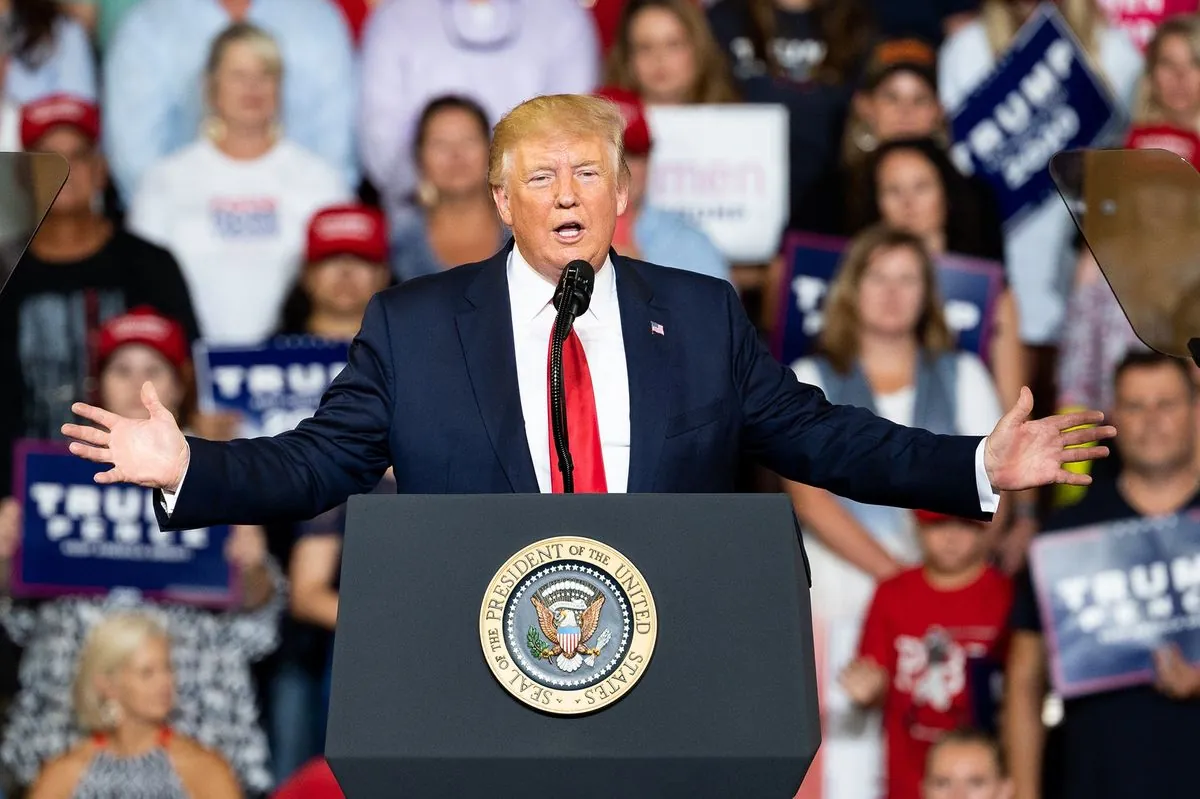As former President Donald Trump campaigns for a potential return to the White House, a core group of advisors is shaping his foreign policy vision. These individuals, many of whom served in Trump's first administration, offer insight into what a second Trump term might mean for America's role on the global stage.
At the forefront of Trump's foreign policy brain trust is Elbridge Colby, a former deputy assistant secretary of defense who advocates for a complete shift in focus towards the growing challenge from China. Colby argues that the United States should use its limited defense resources to prevent Chinese hegemony in the Asia-Pacific region, even if that means reducing commitments to Europe and NATO.
Fred Fleitz, vice chair of the Center for American Security at the America First Policy Institute, has emerged as one of Trump's top national security advisors on the campaign trail. Alongside Keith Kellogg, Fleitz has drafted a plan aimed at ending the war in Ukraine through a combination of pressure on both Kyiv and Moscow to negotiate.
Ric Grenell, who served as U.S. Ambassador to Germany and acting Director of National Intelligence, is known for his combative diplomatic style and unwavering loyalty to Trump. His approach, while controversial in Berlin, effectively conveyed Trump's message to allies and adversaries alike.
On trade policy, Robert Lighthizer remains a highly influential voice. As Trump's former trade representative, Lighthizer was the architect of many tariff policies and continues to advocate for a more protectionist approach, particularly regarding China.
"Any activists who doubt President Trump's resolve in the slightest are making a drastic error: Trump will unleash the vast arsenal of federal powers to implement the most spectacular migration crackdown."
Stephen Miller, the controversial architect of Trump's hard-line immigration policies, has outlined sweeping proposals to overhaul U.S. immigration policy if Trump returns to office. These include halting the refugee program, reinstating a travel ban on several Muslim-majority countries, and conducting mass deportations.
Robert O'Brien, who served as Trump's final national security advisor, has sketched out a potential future Trump foreign policy focused on "peace through strength." This vision includes a muscular posture in the Indo-Pacific to counter China and a call for the United States to resume nuclear weapons testing.
While these advisors represent a range of views, common themes emerge: a focus on confronting China, skepticism towards traditional alliances like NATO, and a hard-line stance on immigration. Perhaps most importantly, loyalty to Trump himself remains a key factor in determining who might wield influence in a potential second term.
As the 2024 election approaches, understanding the worldviews of these key advisors provides crucial insight into how a Trump administration might navigate an increasingly complex global landscape.
